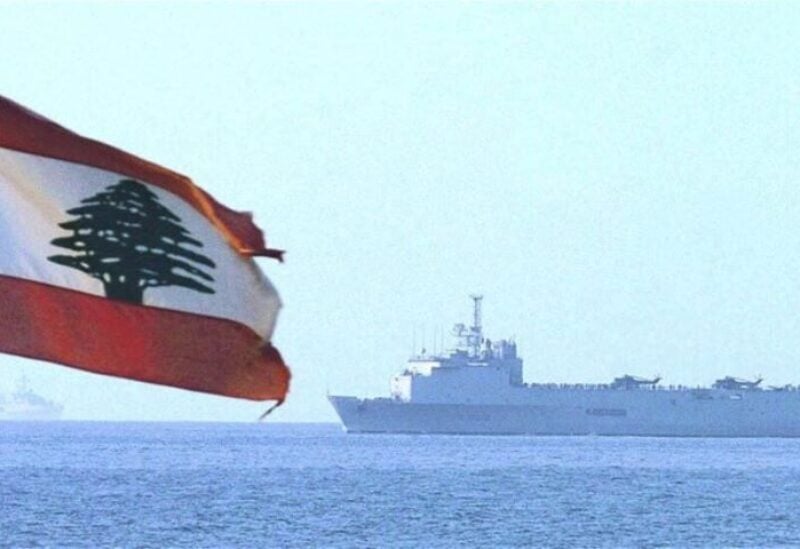
Lebanon's maritime borders
Lebanon and Israel ended ten years of US-mediated indirect negotiations for demarcating maritime borders by striking a “historic” deal on Thursday. With UN mediation, delegates from each of the enemy countries exchanged signed letters in the southern Lebanese border town of Naqoura.
Despite signing the deal with Israel, Lebanon insists that the agreement is purely “technical” and has no “political dimensions.”
US envoy Amos Hochstein, who mediated negotiations, described the deal as “safe and protected.”
Maritime border demarcation negotiations with US mediation between Lebanon and Israel date back ten years ago. But indirect talks gained momentum three months ago after Tel Aviv announced it was ready to begin gas production from the Karish Platform.
For its part, the Lebanon-based Hezbollah launched drones towards the Karish gas field and threatened to hit Israeli gas platforms there.
Hochstein, who arrived in Beirut late Wednesday, met with Lebanese President Michel Aoun, Caretaker Prime Minister Najib Mikati and Parliament Speaker Nabih Berri.
Aoun signed a letter conveying Lebanese approval of the content of the American message on the results of the indirect negotiations to demarcate the southern border.
The letter was handed in by Hochstein two weeks ago.
The message confirms that Lebanon obtained the specified fields in the exclusive economic zone, which was deposited by the United Nations in 2011 and adopted in Decree No. 6433.
Aoun asserted that the completion of the southern maritime border demarcation is “a technical work that does not have any political dimensions or effects that contradict the foreign policy pursued by Lebanon in its relations with countries.”
The president considered that this achievement enabled Lebanon to become a gas and oil producing and exporting country after completing drilling and exploration works in the southern fields, starting with the Qana field.
According to Aoun, this will activate the economy and restore international confidence in Lebanon, as well as provide new job opportunities for the Lebanese.